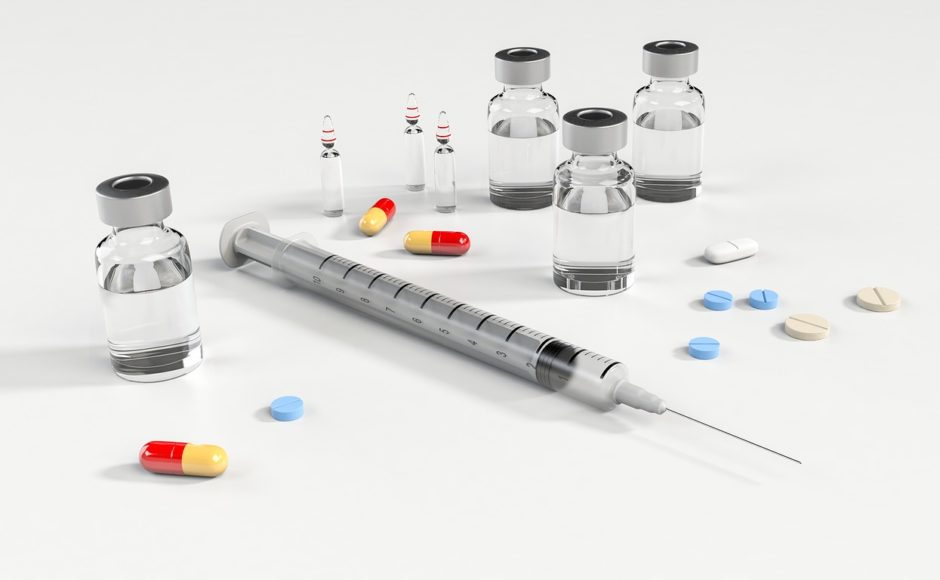Drug addiction is a complex and often misunderstood issue that affects millions of people worldwide. It can manifest in various ways, impacting individuals physically, mentally, emotionally, and socially. Recognizing the signs of drug addiction is crucial for early intervention and support.
In this blog post, we’ll delve into the common red flags that may indicate someone is struggling with drug addiction, empowering you to spot these signs and offer assistance where needed.
Understanding Drug Addiction
Before diving into the signs, it’s essential to understand what drug addiction entails. Addiction is a chronic, relapsing disorder characterized by compulsive drug seeking, use, and inability to control drug use despite negative consequences.
It affects the brain’s structure and function, leading to changes in behavior, judgment, and decision-making. Addiction is not simply a lack of willpower but rather a complex interplay of biological, psychological, and environmental factors.
Physical Signs of Drug Addiction
- Changes in Appearance: One of the most noticeable signs of drug addiction is changes in physical appearance. This may include sudden weight loss or gain, dilated or constricted pupils, bloodshot eyes, frequent nosebleeds (in the case of snorting drugs), and poor hygiene.
- Altered Sleep Patterns: Drug addiction can disrupt normal sleep patterns, leading to insomnia or excessive sleeping.
- Track Marks or Injection Sites: Intravenous drug use often leaves visible marks or scars on the arms or other parts of the body.
- Physical Withdrawal Symptoms: When a person addicted to drugs tries to quit or cut back, they may experience withdrawal symptoms such as nausea, vomiting, sweating, shaking, and muscle aches.
Behavioral Signs of Drug Addiction
- Secrecy and Isolation: Individuals struggling with addiction may become secretive about their activities and isolate themselves from friends and family.
- Mood Swings: Drug addiction can cause dramatic mood swings, including periods of euphoria followed by agitation, irritability, or depression.
- Financial Problems: A person addicted to drugs may have difficulty managing their finances, often prioritizing drug use over essential expenses like food, rent, or bills.
- Legal Issues: Involvement in illegal activities such as theft, drug trafficking, or driving under the influence can be indicators of drug addiction.
- Neglecting Responsibilities: Addiction can lead to neglect of work, school, or family responsibilities as the individual becomes consumed by obtaining and using drugs.
Psychological Signs of Drug Addiction
- Cravings and Obsession: The overwhelming desire to obtain and use drugs, despite negative consequences, is a hallmark of addiction.
- Denial and Rationalization: Individuals may deny or downplay the severity of their drug use, rationalizing their behavior and making excuses for why they continue to use.
- Loss of Control: The inability to control drug use, even when the individual wants to stop or cut back, is a significant indicator of addiction.
- Dependence: Physical and psychological dependence on drugs, leading to withdrawal symptoms when drug use is discontinued, is a clear sign of addiction.
Social Signs of Drug Addiction
- Changes in Social Circle: Individuals struggling with addiction may gravitate towards peers who also use drugs, distancing themselves from non-using friends and family members.
- Relationship Strain: Addiction can strain relationships with loved ones, leading to conflicts, broken trust, and emotional distancing.
- Social Withdrawal: As addiction takes hold, individuals may withdraw from social activities they once enjoyed, preferring to spend time alone or with other drug users.
- Legal and Relationship Problems: In addition to legal issues, addiction can lead to strained relationships with partners, family members, and friends, as trust is eroded and conflicts escalate.
In Conclusion
Recognizing signs of drug addiction is crucial for accessing support and treatment. Awareness of physical, behavioral, psychological, and social indicators allows you to offer help to those struggling with substance abuse. Addiction is treatable with support and resources, so seeking professional assistance or support groups is essential.
Together, we can break the cycle of addiction and promote healthier lives. A drug possession lawyer in Salt Lake City can offer legal guidance and representation if needed, prioritizing the individual’s well-being and recovery.




